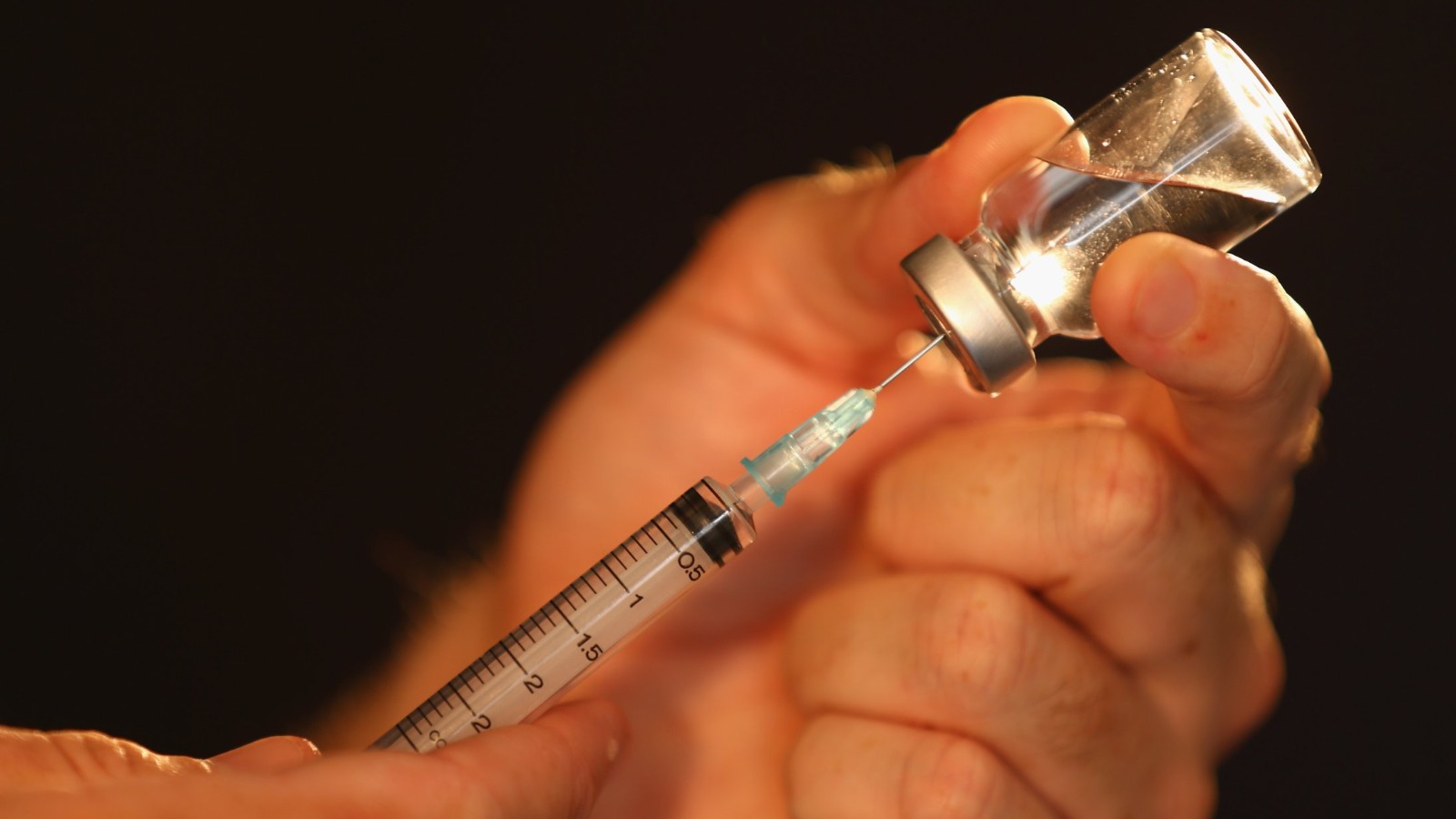First WADA Approved Doping Lab In East Africa To Open In Nairobi
27th August 2018
Facility to test samples from Kenya, Ethiopia, Uganda, Tanzania and Eritrea

- The laboratory is expected to analyse between 800 and 1000 blood samples a year
- The facility was given the green light following a nine-month project with the lab set to perform blood analyses on samples collected from athletes across the region from September
- LANCET Group of Labs East Africa (operating as Pathologists Lancet Kenya) has successfully applied for its Nairobi laboratory to become a WADA approved lab
- Kenya has been rocked by surge in doping violation cases with World 800m bronze medallist, Kipyegon Bett, the latest runner to be sanctioned
NAIROBI, Kenya- Nairobi will have the first World Anti-Doping Agency (WADA) approved anti-doping laboratory in East Africa, the Athletics Integrity Unit announced on Monday.
The laboratory is expected to analyse between 800 and 1000 blood samples a year as part of the AIU doping control programme in Kenya, Ethiopia, Uganda, Tanzania and Eritrea.
In a statement, the independent anti-doping watchdog within world athletics governing body, the IAAF said the facility was given the green light following a nine-month project with the lab set to perform blood analyses on samples collected from athletes across the region from September.
“The LANCET Group of Labs East Africa (operating as Pathologists Lancet Kenya) has successfully applied for its Nairobi laboratory to become a WADA approved laboratory for Athlete Biological Passport (ABP) blood analysis.
“The AIU project engaged the services of the Centre of Research and Expertise in Anti Doping Sciences (REDs) at the University of Lausanne (Switzerland) to select a candidate laboratory in the region and then provide training and technical advice to achieve WADA’s approval,” the AIU communiqué read.
"From now on, the analyses of blood samples will be performed locally. This will give us more efficiency, more responsiveness and less predictability in our testing programme in the region and a foothold in neighbouring countries where it was extremely difficult to collect blood samples in the past.
“This is very timely especially in the
context of next year’s IAAF World Championships in Doha,” Brett Clothier, Head
of the AIU, stressed.
Besides supporting AIU programmes to combat the doping menace, the laboratory will also be key in assisting the Anti-Doping Agency of Kenya (ADAK) in its efforts to fight the scourge that has cast a dark cloud over the East African distance running giants.
“With the laboratory now in the region, blood samples collected in East Africa will no longer have to be transported to anti-doping laboratories in Europe or South Africa for analysis.
Logistical constraints
“The practice was expensive and posed serious logistical constraints for the samples to be analysed within the required time frames,” AIU emphasised as it steps up its campaign to stamp out doping in the region.
The IAAF anti-doping watchdog is keen on East Africa stating that it had collected over 3500 blood samples last year with 25 per cent of those coming from athletes in the region.
“This laboratory is a major development towards the fight against doping in Africa for athletics and indeed for all sports.
“This is the first time since WADA’s inception that an International Federation has taken the initiative to establish a WADA-approved laboratory in an area of real need.
“It shows that the AIU is not accepting of the status quo, but is taking responsibility for the integrity of athletics and getting things,” AIU chairman David Howman added.
“LANCET Group of Labs East Africa is proud to contribute to the fight against doping through this partnership. WADA’s approval is a great recognition of the professional standards and skills of our facility in Nairobi.
“We will endeavour to provide quality service throughout what we hope will become a long-standing involvement in the fight against doping,” Dr. Ahmed Kalebi of the LANCET Group of Labs East Africa said.
Kenya has been rocked by surge in doping violation cases with World 800m bronze medallist, Kipyegon Bett, the latest runner to be sanctioned after the AIU confirmed on Friday he had been provisionally suspended after testing positive for banned blood booster, rEPO.
Bett, the former world junior champion over the distance faces another charge of refusing or failing to submit to sample collection after reportedly failing twice to co-operate with Doping Control Officers.
Lucy Wangui Kabuu and Samuel Kalelei have also been charged with doping violation while three-time men 1500m champion, Asbel Kiprop, waiting for a tribunal to rule on his case after AIU confirmed he had tested positive for rEPO in May.
-Additional material for this report sourced from www.athleticsintegrity.org
